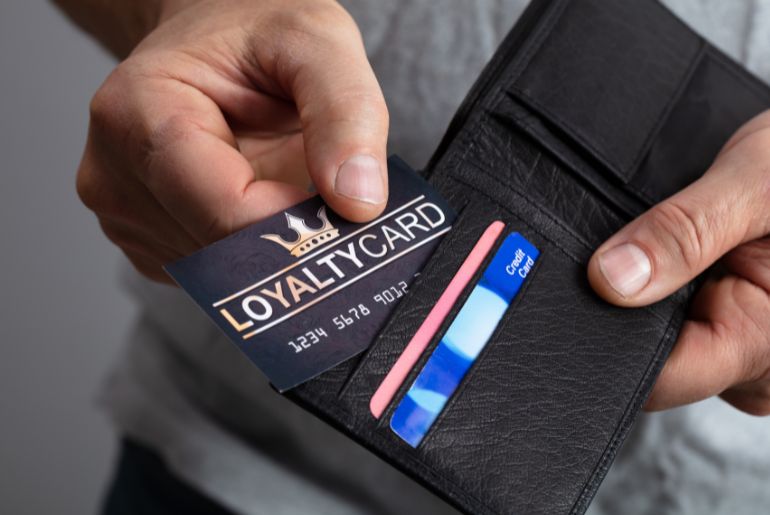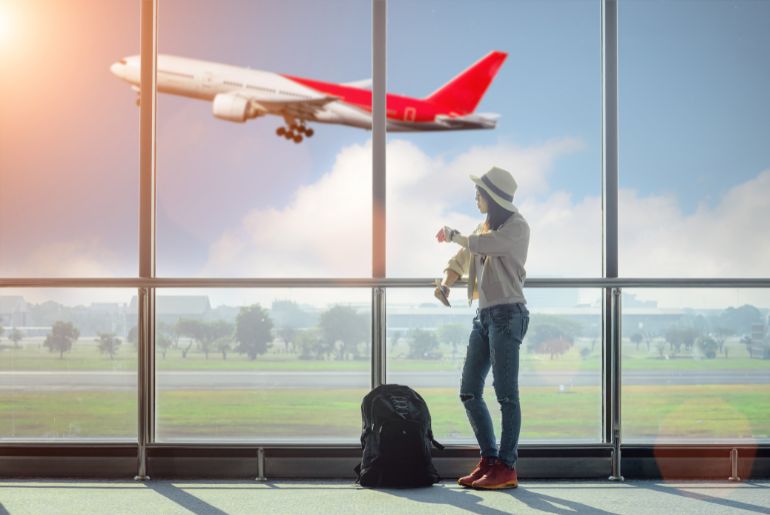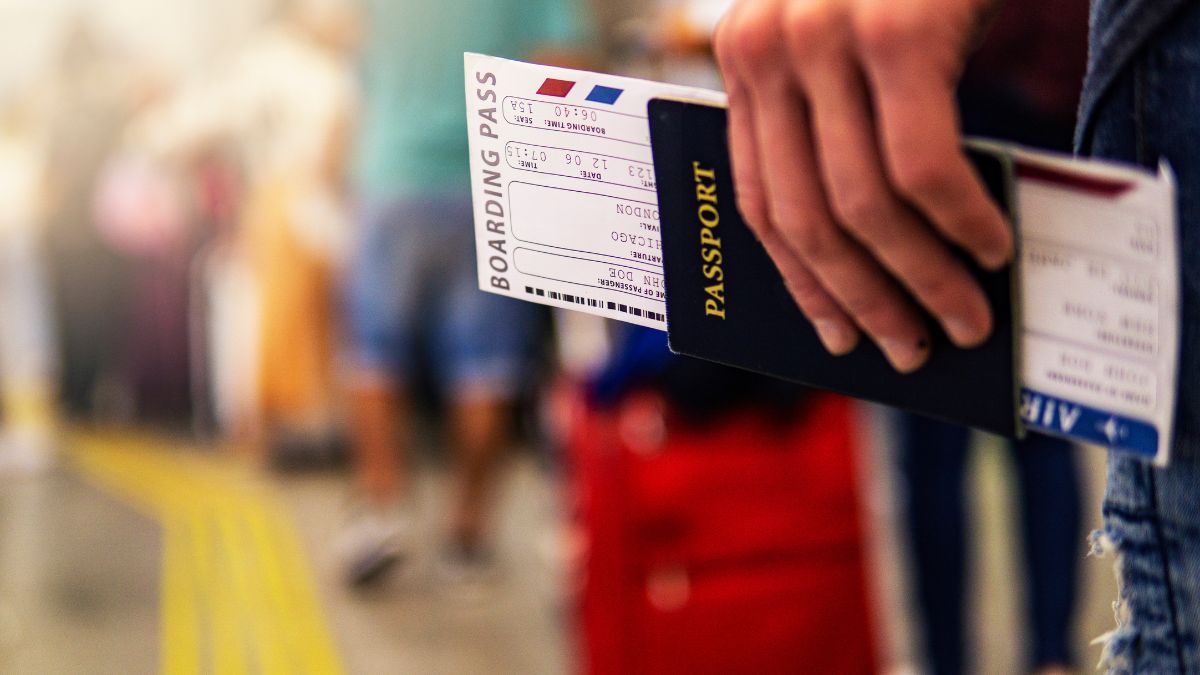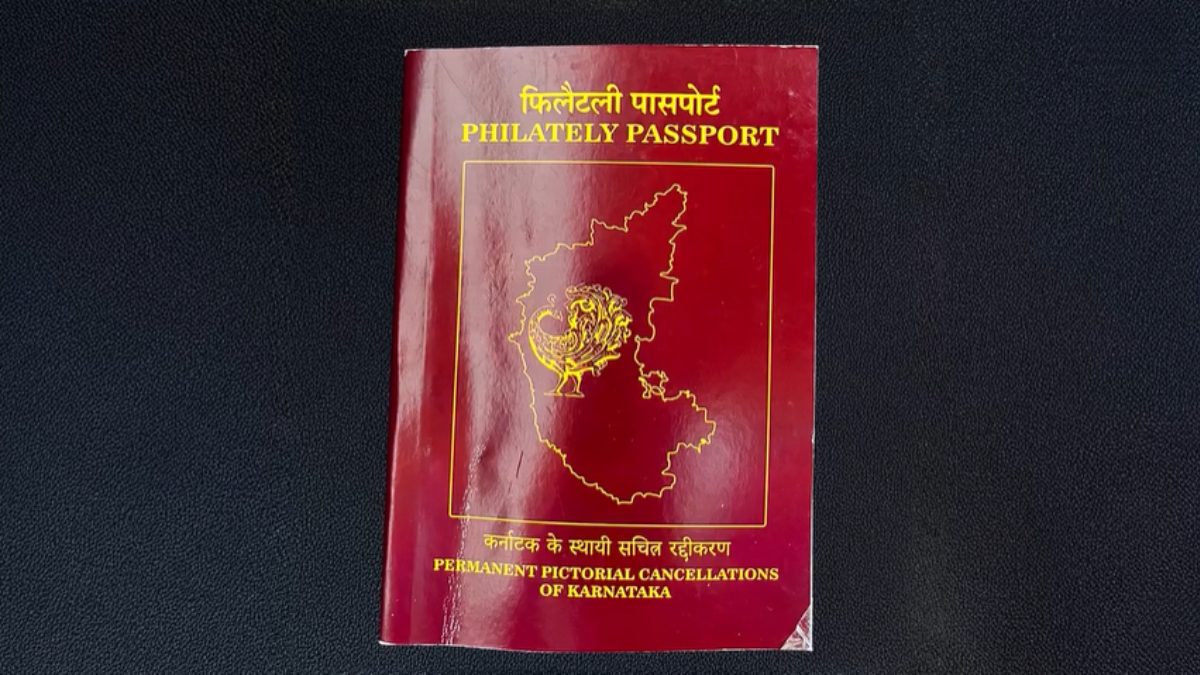I am sure you all must have sometime or the other posted a snap of your boarding pass on your social media accounts. Well, though it is cool these days to let people know that you are flying to some destination, know that it is also very dangerous. Sometimes putting a picture of a boarding pass might be way more dangerous than what it looks to you. Check out why you should never upload a snap of your boarding pass on social media.
Do Not Post Pictures Of Boarding Pass
1. Barcode Can Spill Information

Sensitive personal information on your boarding pass is contained in the barcode or QR code, your complete name, flight number, and booking reference, also known as PNR (Passenger Name Record), an alphanumeric code specific to your reservation. Your boarding pass’s barcode or QR code contains a sizable quantity of encrypted data. Anyone with malicious intent and access to free internet software can access this information treasure trove.
2. Access Your Loyalty Program

The frequent flyer number of the passenger is often displayed on boarding passes. Hackers may utilize this data to gain access to your loyalty program accounts. They might redeem your hard-earned miles. These are occasionally exchanged for gift cards and other goods or on additional flights. According to a Forbes study, it is nearly impossible to get back your frequent flyer points once they are transferred out of your account.
3. Compromise On Personal Safety

All you have to do is enter your last name and PNR, or booking reference number, to view your booking details. Your boarding pass has these facts clearly visible, so almost anyone may alter the time of your trip. Even more concerning is the fact that you are jeopardizing not just your personal safety but also the security of your house because boarding cards frequently contain information about your flight and travel schedule. Your travel schedule may be revealed, which might get you into trouble. Because they are aware of the times when your house will be empty, burglars may exploit your absence.
4. Financial Safety At Risk

Hackers might possibly access all of that by utilizing the information that can be obtained from the barcode or QR code on your boarding card. When decrypted, this data may include specifics about your travel itinerary, identity, and, in certain situations, information from your passport or driver’s license. Access to this information by cybercriminals could put your personal and financial security at risk as they could use it to steal your identity, alter travel plans, or engage in other nefarious activities.
5. Fall Prey To Manipulation

Your boarding pass information might be used by cybercriminals to launch social engineering scams. Armed with the information from your boarding card, they might pose as customer service agents or airline employees and try to trick you into giving them more private information or put you in dangerous situations.
It’s important to keep in mind that boarding passes should be handled with the same care as any other private document, and that publishing them online—even in seemingly innocent photos—can put you at risk for a number of issues.
Also Read: CT Quickies: Nagaland Fire To Mathura Market Mishap, 7 Fire Mishaps In India Because Of Crackers
Make sure you are careful!
Cover Image Courtesy: Canva
For more such snackable content, interesting discoveries and latest updates on food, travel and experiences in your city, download the Curly Tales App. Download HERE.
Good news! We are on WhatsApp! Subscribe to Curly Tales WhatsApp Channel to stay up-to-date with exclusive content and BTS. Join HERE.




